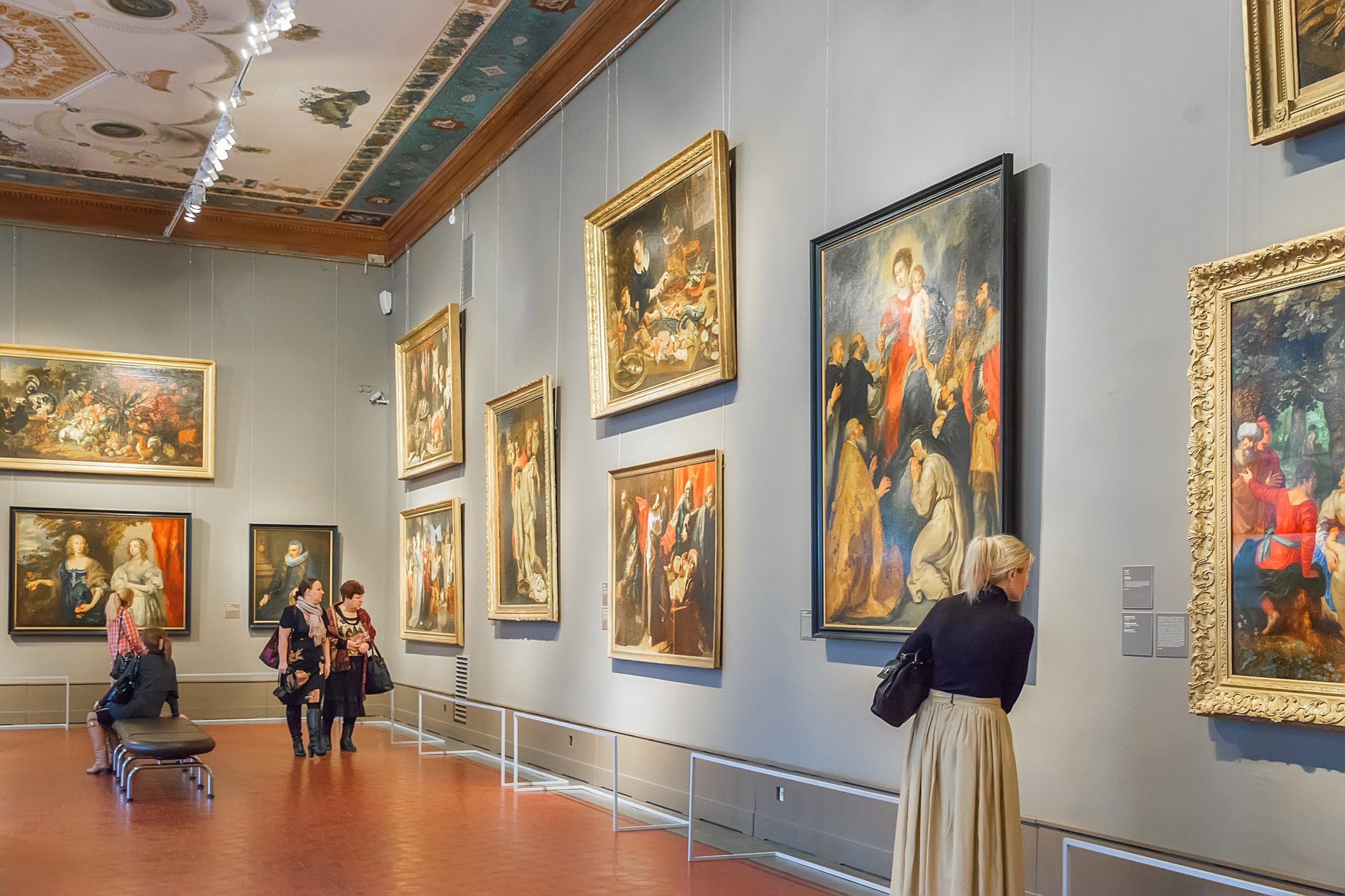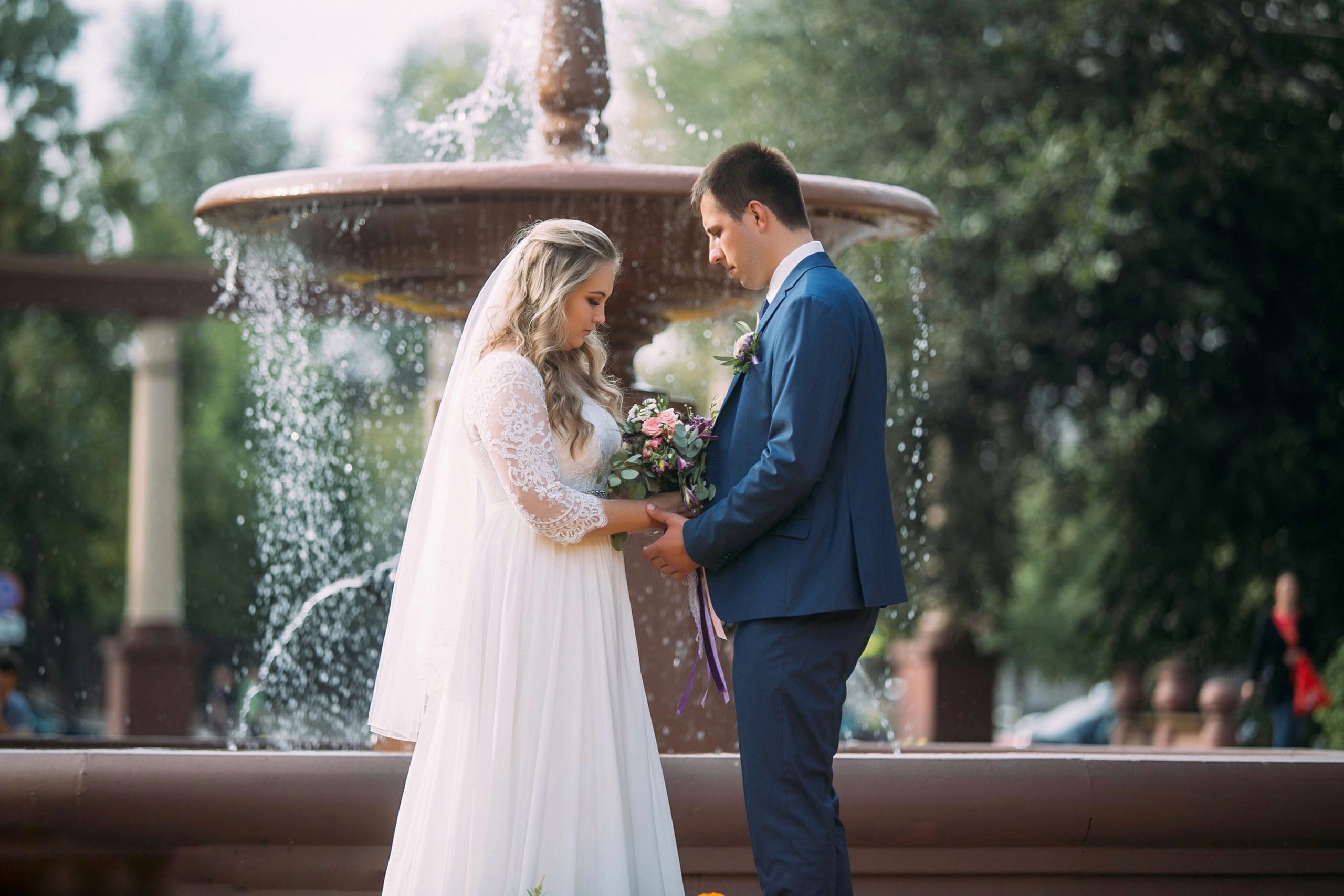From romantic comedies that make us swoon to action-packed thrillers that get our adrenaline pumping, movies have always been a significant part of our lives. They serve as a form of entertainment and escape from reality, allowing us to immerse ourselves in different worlds and stories. But what we may not realize is that these movies also have a significant impact on our lifestyle and relationships, more than we could ever imagine.
The influence of movies on our lifestyle can be seen in our fashion choices, travel plans, and even our daily routines. Let’s take the iconic Audrey Hepburn in the classic movie “Breakfast at Tiffany’s” as an example. Her elegant and timeless style, with her little black dress and pearls, has been emulated by countless women throughout the years. Similarly, the British spy James Bond has had a significant influence on men’s fashion, with his debonair suits and sleek gadgets. These movie characters have become style icons, and their fashion choices have inspired many of us to incorporate elements of their looks into our everyday wardrobe.
Furthermore, movies also inspire us to explore new destinations and cultures. Who can forget the beautiful city of Paris, portrayed in movies like “Midnight in Paris” and “Before Sunset.” These romantic movies have painted Paris as the ultimate destination for lovers, making it a dream travel spot for many. Similarly, movies like “Eat Pray Love” and “The Beach” have inspired people to travel to exotic locations and discover themselves. These movies have the power to transport us to different corners of the world, making us crave new experiences and adventures.
Movies have also shaped our daily routines and habits. For instance, the iconic “Rocky” movie series has motivated many people to hit the gym and embark on a fitness journey. The “girl boss” trend, popularized by movies like “The Devil Wears Prada” and “Legally Blonde,” has inspired many women to work hard and chase their dreams. Additionally, movies that shed light on mental health issues, such as “Silver Linings Playbook” and “A Beautiful Mind,” have encouraged people to seek help and take care of their mental well-being.
But perhaps the most significant impact of movies can be seen in our relationships. We have all at some point been influenced by the romantic gestures and grand gestures of love shown on the silver screen. From the iconic “Titanic” scene where Jack and Rose hold each other at the bow of the ship to the famous “You complete me” line from “Jerry Maguire,” these movie moments have set impossibly high standards for real-life relationships. They make us believe that love is always grand and effortless, often leading to disappointment in our own relationships.
Moreover, movies also shape our perception of what a “perfect” relationship should look like. The idea of a “happily ever after” ending, portrayed in most romantic movies, has led us to believe that love should always be easy and without any conflicts. This, coupled with the constant bombardment of rom-coms and love stories, creates unrealistic expectations for our real-life relationships. We may subconsciously start comparing our relationships to those we see on screen, leading to dissatisfaction and feelings of inadequacy when our relationships don’t match up.
On the other hand, movies have also been known to influence the way we communicate in our relationships. With the rise of romantic comedies, witty and sarcastic banter has become a staple in many conversations, and we often try to replicate this in our own relationships. However, what we fail to realize is that this kind of communication may not always be healthy and can lead to misunderstandings and conflict.
Moreover, movies also shape our expectations of gender roles in relationships. Movies often portray traditional gender roles, with the man being the provider and the woman being the homemaker. This can be seen in the classic movie “Pretty Woman,” where Edward, a wealthy businessman, hires Vivian, a sex worker, to be his companion for a week. The movie romanticizes the idea of a woman “being rescued” by a man and can have a harmful impact on our mentality and expectations in our own relationships.
But it’s not just romantic relationships that are influenced by movies; friendships and family dynamics are also portrayed in various ways on screen, which can impact our real-life relationships. The popular TV show “Friends” has created an idealized image of friendships, with the characters always supporting and being there for each other, even through the most absurd and ridiculous situations. This can lead us to have unrealistic expectations of our own friendships, often leaving us feeling disappointed when they don’t live up to the “Friends” standard.
So what can we do to ensure that our relationships and lifestyle are not entirely influenced by movies? The key is to be aware of the impact they have on us and to not let them dictate our reality. It’s essential to understand that movies are a form of entertainment, and the relationships and lifestyles portrayed on screen may not always be realistic. We need to communicate with our loved ones and set realistic expectations, rather than trying to replicate the romantic gestures we see in movies. We must also be open-minded and not conform to traditional gender roles, as portrayed in movies, and instead embrace equality and diversity in our relationships.
Movies will continue to have a significant influence on our lifestyle and relationships, and there’s nothing wrong with that as long as we are aware of it. So the next time you watch a movie, remember to take it with a pinch of salt and not let it dictate your life. After all, real life is more than just a two-hour movie, and it’s up to us to create our own version of happily ever after.




